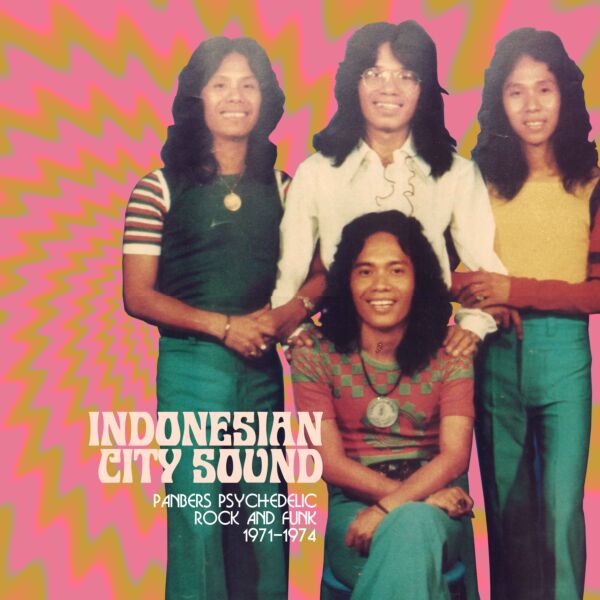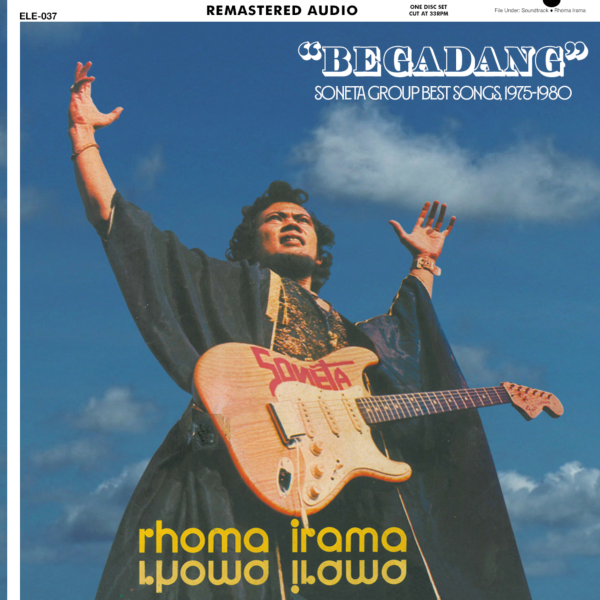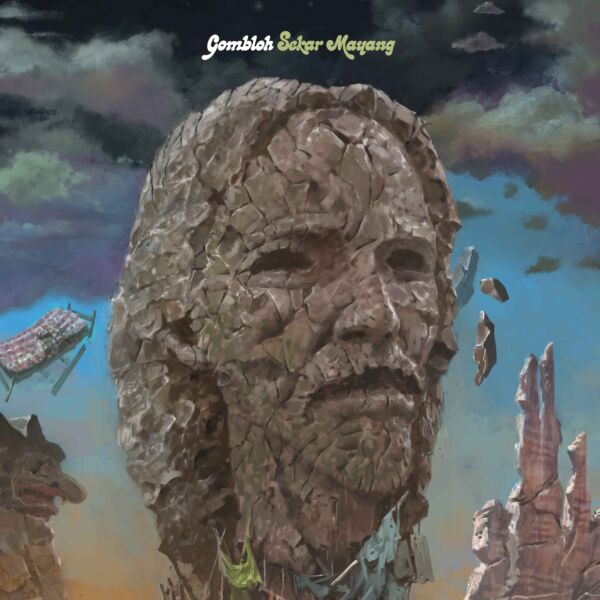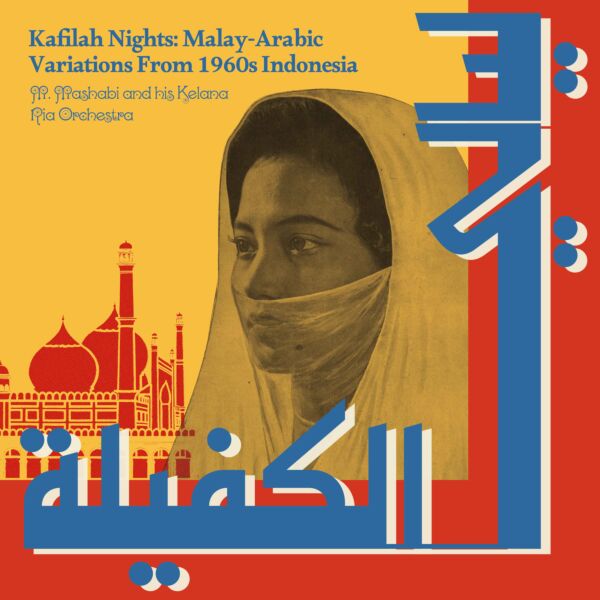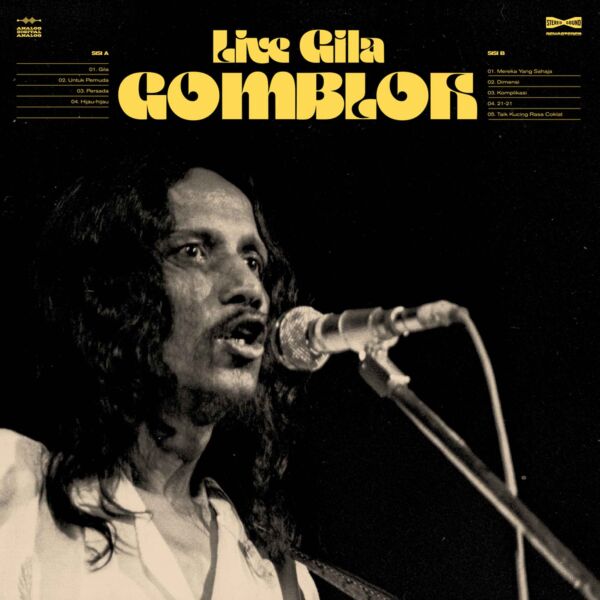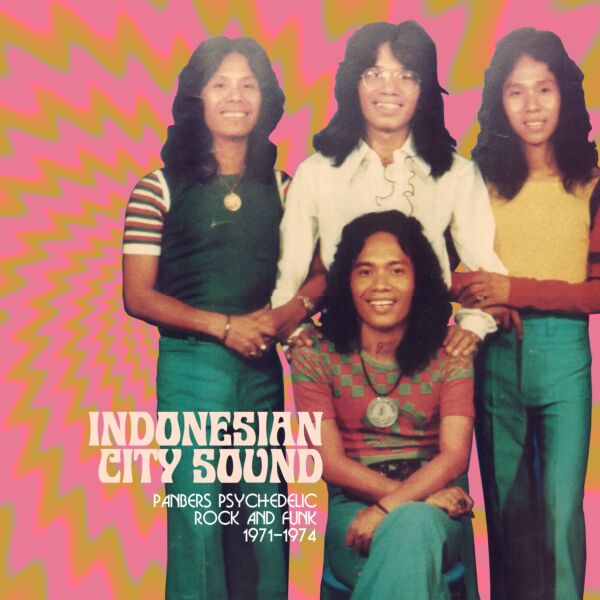
VENGEANCE IS MINE, ALL OTHERS PAY CASH: ORIGINAL MUSIC SCORE & SOUNDTRACK
(1xLP, printed innersleeves) "Vengeance Is Mine, All Others Pay Cash," composed by Dave Lumenta, plays a crucial role in setting the film's tone and enhancing its narrative. The soundtrack blends traditional Indonesian musical elements with modern influences, reflecting the film's unique storytelling style and cultural context.
| Genre | Rock |
|---|---|
| Style | Indie, Soundtrack, Asia |
| Format | VINYL |
| Cat. no | ELE038LP |
| Label | ELEVATION RECORDS |
| Artist | DAVE LUMENTA |
| Release Date | 28/02/2025 |
| Carrier | LP |
| Barcode | 612461724052 |
| Pressing | Indonesia |
Out of stock
Tracklisting
VENGEANCE IS MINE, ALL OTHERS PAY CASH: ORIGINAL MUSIC SCORE & SOUNDTRACK
Show more tracks Show less tracks + -
Album or track playing
The award-winning film Vengeance Is Mine, All Others Pay Cash (2021) is romantic drama set in a working-class neighbourhood of Indonesia’s West Java. Although the story was set in the 1980s, the film’s music director Dave Lumenta doesn’t really want to use music from that period. He doesn’t want to automatically go with dangdut, the musical genre, a mix of Malay, Indian and modern pop music, the music of choice for majority Indonesia’s working class. He simply doesn’t want the film to be stuck in the time setting and the social class. The scoring is richer, not only was it inspired by dangdut, but it was also inspired by rock as well. In order for his imagination to be free of that time and social context, he decides to make music that was based on the characters, otherwise known as leitmotif.
Lumenta is interested in vulnerability, because it is something that the audience can find in the main character Ajo Kawir, an impotent who is unable to have an erection. Another main character Iteung is someone who is very liberal in terms of her sexuality, but she also struggles with an issue as well, which is their issues, a traumatic past. The film successfully portrays the clash of these two characters. And from identifying these two characters, the composer creates a melody or leitmotif that represents each character. The use of analogue instruments is also consistent with the film’s spirit, which is also shot using analogue camera. Lumenta created the music using acoustic instruments, such as the recorder, along with other sounds from an analogue synthesizer.
The sound produced may not be perfect, just like the are grainy quality of an analogue film, due to limitation of the medium. But it is precisely due to that limitation that the eyes and ears are compelled to watch and listen actively; we must squint to catch something more perfect, or listen closely to filter out imperfections in the sound. Consuming art created with analogue tools requires a different method of listening, watching, and working process.

